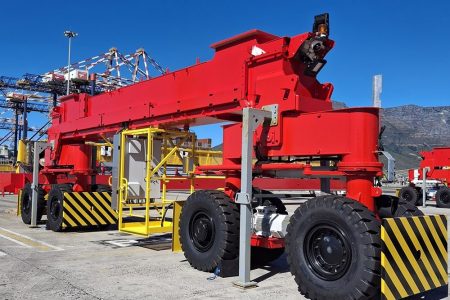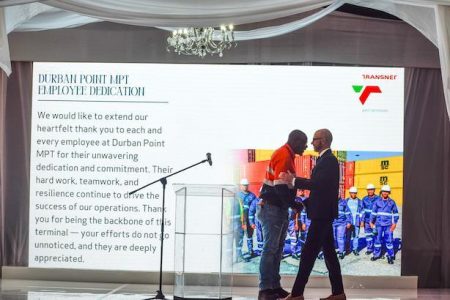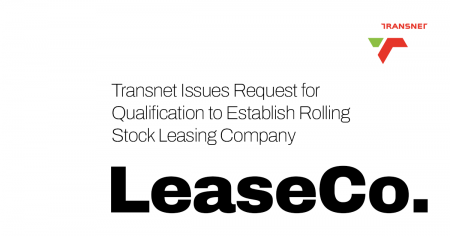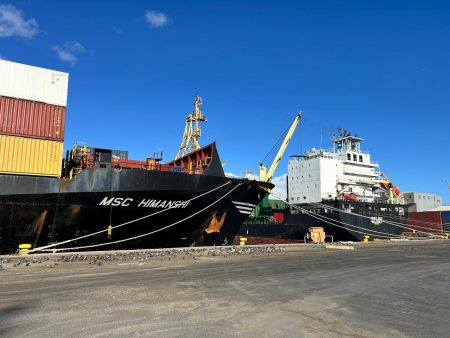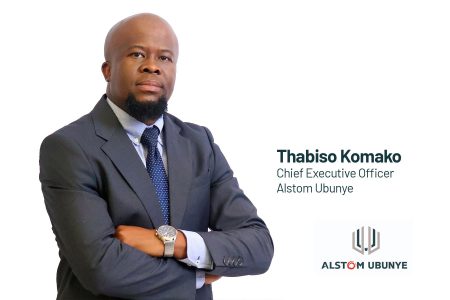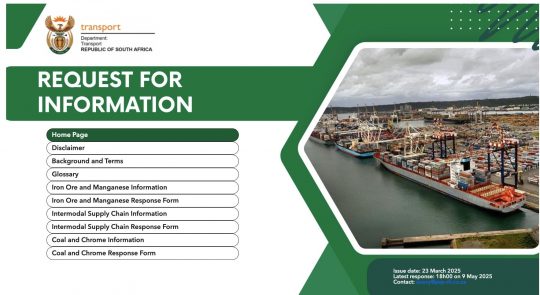The Special Investigating Unit (SIU) and Transnet SOC Ltd have announced a momentous judgment delivered by the High Court of South Africa, Gauteng Division, which sets aside the 2014 contract between Transnet and Wabtec South Africa Technologies (formerly GE South Africa Technologies) for the procurement of 233 diesel locomotives, valued at approximately R8 billion.
This ruling, issued on 14 April 2025, marks the first of four locomotive contracts to be annulled by the courts, representing a pivotal advancement in the ongoing efforts to combat state capture and restore integrity in South Africa's state-owned enterprises.
The High Court has declared the 2014 Locomotive Supply Agreement (LSA) and its associated subcontracts invalid. In pursuit of a fair and equitable resolution, the court endorsed a settlement agreement facilitated by the SIU aimed at recovering lost funds between Transnet and Wabtec.
In 2012, Transnet embarked on a procurement initiative for 1,064 locomotives to enhance its General Freight Business. The contracts were awarded to four original equipment manufacturers (OEMs): Bombardier Transportation South Africa (Pty) Ltd for 232 electric locomotives; CNR Rolling Stock South Africa (Pty) Ltd (now CRRC SA Rolling Stock) for 240 diesel locomotives; CSR E-Loco Supply (Pty) Ltd (now CRRC E-Loco Supply) for 359 electric locomotives; and GE South Africa Technologies (now Wabtec South Africa Technologies) for 233 diesel locomotives.
As part of the settlement agreement, Transnet will retain the 233 diesel locomotives delivered by Wabtec. Financially, Wabtec will retain all payments received under the contract, while Transnet will receive R70,350,574.00. Furthermore, Wabtec will provide Transnet with a credit of R70.35 million to fulfil outstanding supplier development obligations.
The SIU was authorised through Proclamation No. R11 of 2028 to investigate the affairs of Transnet and to recover losses incurred by Transnet and the state.

